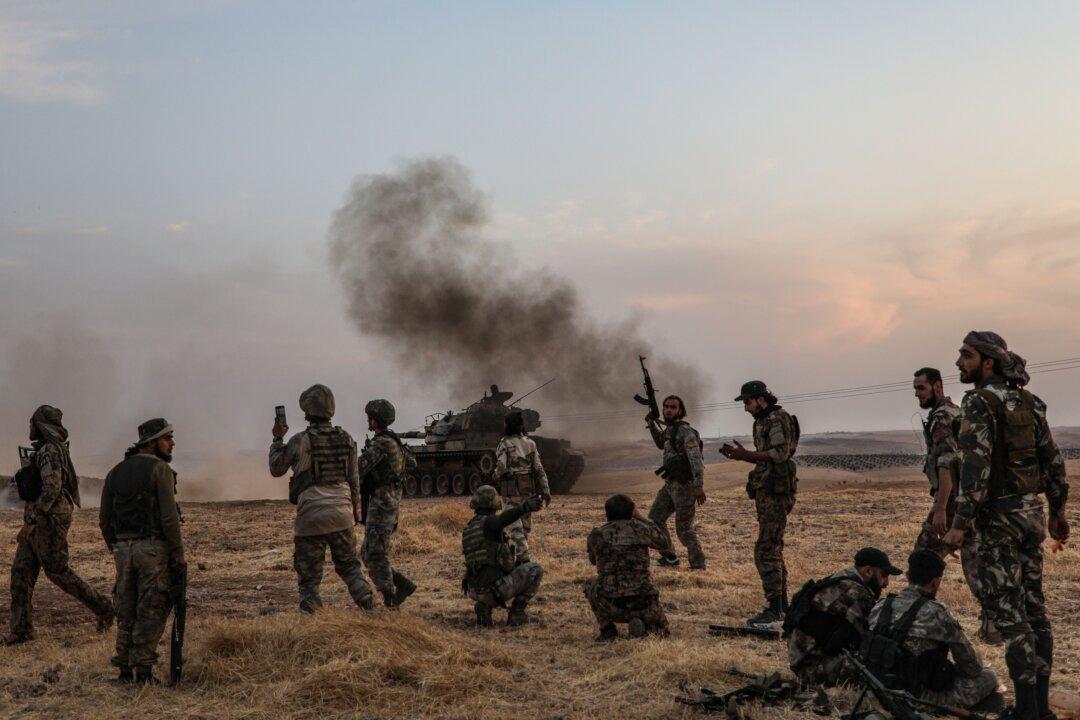Commentary
Since coming to power in 2014, Turkish President Recep Tayyip Erdogan has ruthlessly consolidated his power and control over every aspect of Turkish life.

Since coming to power in 2014, Turkish President Recep Tayyip Erdogan has ruthlessly consolidated his power and control over every aspect of Turkish life.